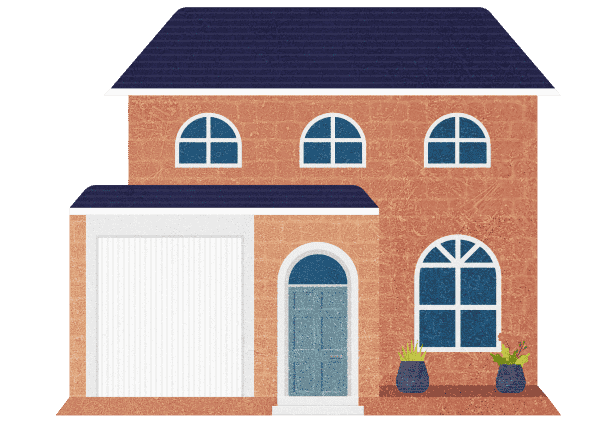Prevent slips, trips, and falls
As you get older, falling over can become a fear. If you’ve ever been hurt by a fall, or know someone who has, it isn’t just you. People who are older are more susceptible to trips and slips, and sometimes this can be intimidating enough that they become isolated by their fear of falling. This is what we don’t want to happen! There are ways to decrease your likelihood of falling, ensuring you feel safe when alone in your home.
 Physical benefits
Physical benefits
 Social
Social
interaction
 Mental
Mental
health
 Confidence
Confidence
What can
There are a range of factors that can cause falls amongst older people. It could be a good idea to try and identify why you might fall in the first place. This will indicate what steps you need to take to reduce the risk of falls! These are some of the common causes of slips and trips to be aware of:
- Bad eyesight
- Hearing
- Slow reflexes
- Medical conditions (diabetes, chronic pain)
- Side effects from medications
- Unsafe footwear (badly fitting shoes, worn slippers)
- Confusion or brain fog (caused by dementia, for example)
- Safety hazards, such as items blocking a pathway
- Rushing – moving too quickly
- Loose or trailing clothing
How can you
There are multiple precautions you can take in order to prevent falls. The risk of falling can be scary, which is why taking control of the situation is often empowering! You could think about…
 Your nutrition
Your nutrition
and hydration
 Getting a sight
Getting a sight
and hearing test
 Stay
Stay
active
 Wear the
Wear the
right shoes
 Keep your
Keep your
bones strong
 Invest in
Invest in
walking aids
preventing falls?
Home care can help you make sure your house has been set up to avoid tripping. Your trustworthy care worker can ensure that all the passageways are clear, with items stored on the far side of each wall. They will also be able to assess whether you need grab rails or ramps leading up to your home and can assist you in their installation if required. Crucially, they will ensure that your walking aids are kept within reach. At-home care can consist of anything you need it to, ensuring that you are supported in every area of your lifestyle.
At Verilife, our care workers are experienced in every aspect of home care. We prioritise your comfort, offering you the services which will benefit you most. To get in touch, email hello@verilife.co.uk or call 02031419290.


